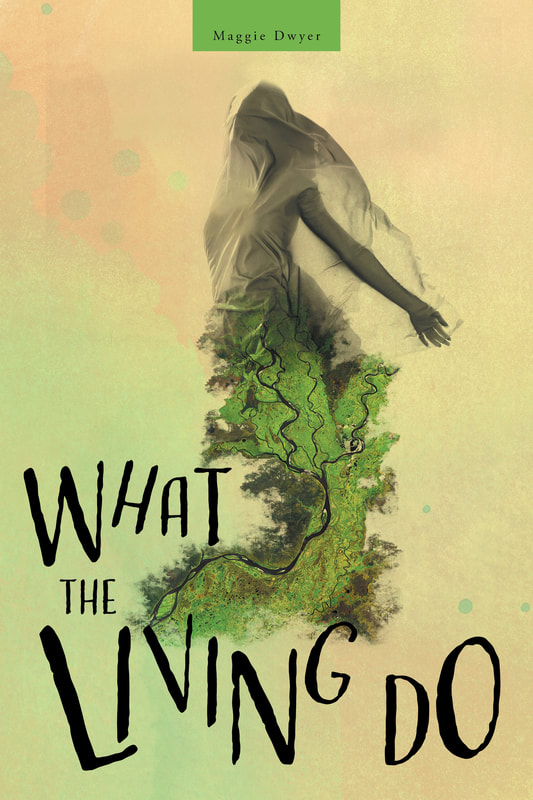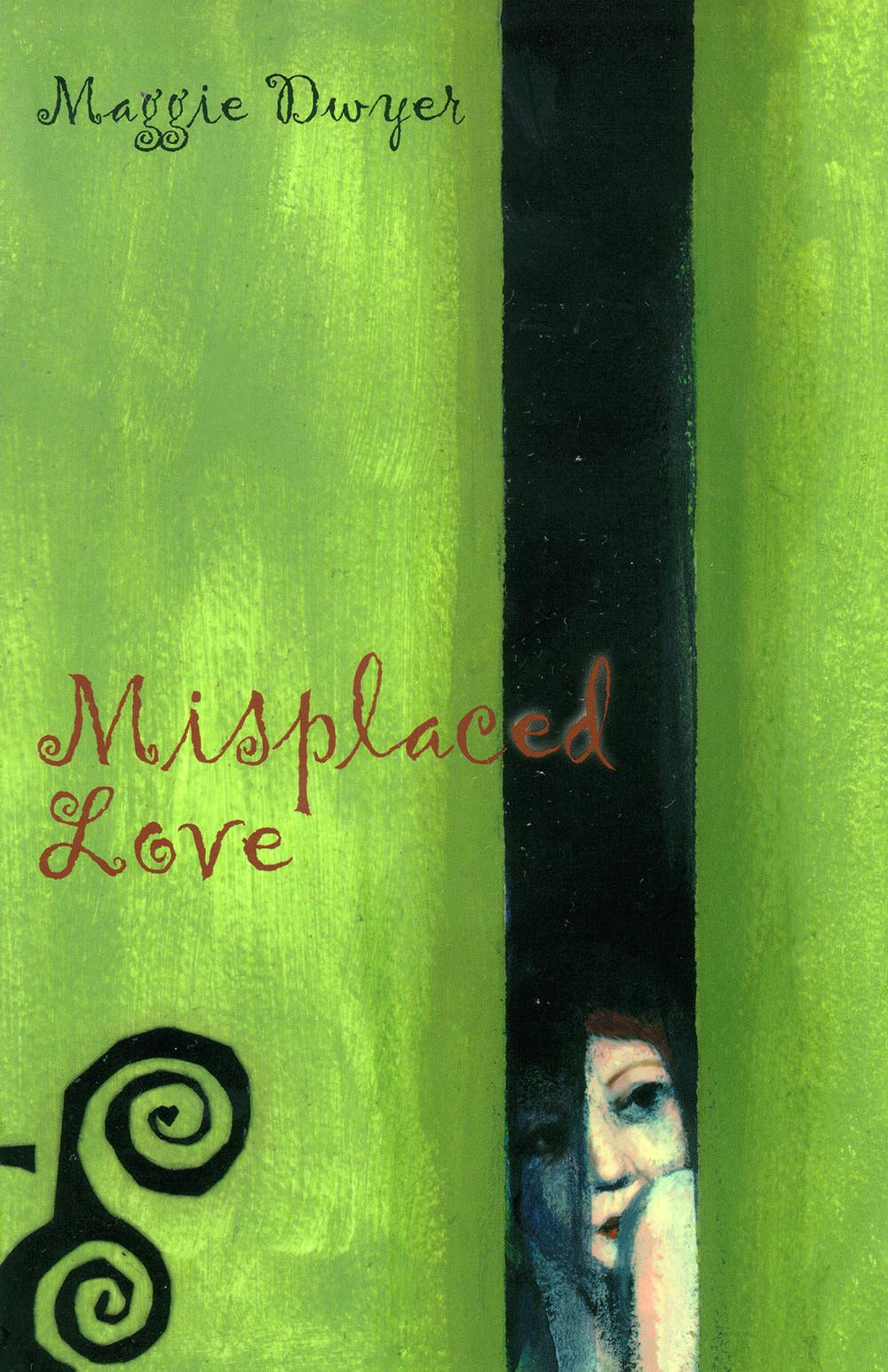BOOKS BY MAGGIE DWYER
What the Living Do(FriesenPress, September 2018)
Until the age of twelve, Georgia Lee Kay-Stern believed she was Jewish — the story of her Cree birth family had been kept secret. Now she’s living on her own and attending first year university, and with her adoptive parents on sabbatical in Costa Rica, the old questions are back. What does it mean to be Native? How could her life have been different? As Winnipeg is threatened by the flood of the century, Georgia Lee’s brutal murder sparks a tense cultural clash. Two families wish to claim her for burial. But Georgia Lee never figured out where she belonged, and now other people have to decide for her. WINNER OF THE CANADIAN BOOK CLUB AWARDS, FCTION CATEGORY,
SHORTLISTED FOR THE WHISTLER INDEPENDENT BOOK AWARDS 2019 & 2020 NEXT GENERATION INDIE BOOK AWARD FINALIST |
Purchase your copy...
On eBook...
Misplaced Love: Short Stories(Turnstone Press, May 2001)
A bittersweet, gently satirical collection of fiction set mostly in Winnipeg's Jewish community and Toronto, the stories in Misplaced Love are often tragedies that border on the farcical. There is a range of misplaced and lost loves here; "Lot's Wife" is a compelling story of a man's devotion to his wife in a nursing home, told with a plain-spoken, mordant humour that steers it clear of sentimentality. In "Dr. Weltzschmerz, I Presume," a homemaker tries to live an orderly life in a disorderly world of uncertainty, lapsed faith and psychiatrists' appointments. Dwyer captures the rhythms and idioms of Yiddish-influenced vernacular perfectly. This a colourful, lively collection of endearing reprobates and regular people trying to cope with circumstances to which anyone could relate. Each story deals with love as prayer: for kindness, understanding, and acceptance, which may be the most we can hope for. |
Acclaim...
In the cover-flap bio that accompanies her striking debut collection, Misplaced Love, Maggie Dwyer lists Toronto and Winnipeg as the towns that most shaped her life. She has turned memories of the cities that formed her to fine account; their palpable presence graces many of the stories with settings that wonderfully ground her characters. That sort of slip-sliding from the zany to the sorrowful, with plenty of grousey asides thrown in, typifies Dwyer’s persistently arresting tone. And only the word “tone,” not “voice,” will do, because the book’s most impressive achievement is its uncanny diversity of voices...
Her human comedy is the oldest and best sort. Woven through the inevitable sadness is wonder at the revelation of human complexity and resilience.”
-Globe and Mail





